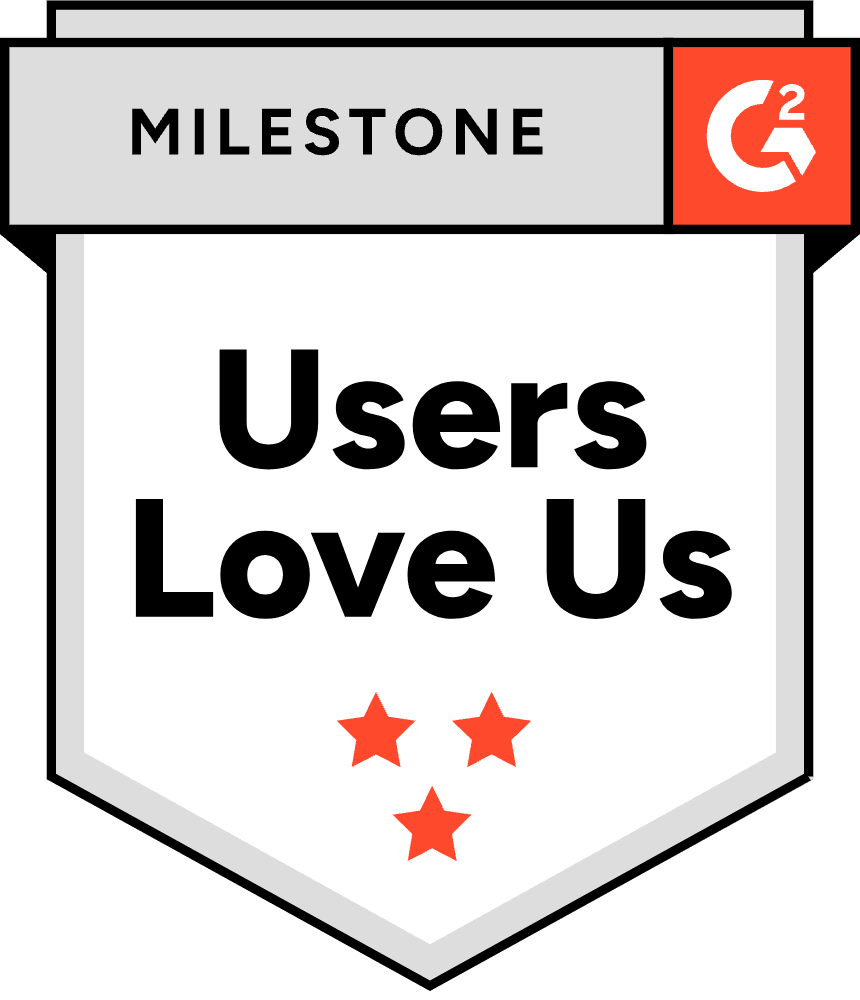The best free Plytix alternative
Centralize all product data on Ergonode
Seamlessly migrate from Plytix to Ergonode and enhance your product data workflow with advanced customization, collaboration, and multilingual support.
Testimonials
See what our clients say
Plytix vs. Ergonode
Plytix: User-friendly interface, free plan with limited features, direct Shopify integration.
Ergonode: Advanced data enrichment and data validation, robust workflow automation, in-depth reporting and analytics, and open API.
Pricing Comparison
While Plytix offers a freemium plan, the features on Ergonode give you more value for money.
Ease of Use
Ergonode has a more intuitive and user-friendly interface than Plytix.
Features Comparison
Ready to see how Plytix and Ergonode stack up for your business? Schedule a call with our PIM expert to discover the perfect fit.
What is Plytix?
Plytix is a product information management software known for its user-friendly interface, which makes it a good choice for beginners or businesses that don't require super advanced features. It offers a free plan, making it a good option for smaller companies or startups with basic PIM needs.
On Plytix, you can enjoy features like built-in Digital Asset Management (DAM), flexible variation handling, easy bulk edits, product relationships for upsell, cross-sell, or bundles, scheduled imports, and more.
What is Ergonode?
Ergonode is an advanced product information management tool with cloud-based architecture and self-hosting possibilities. It has rich features with powerful capabilities, such as multiple product types and attributes, multiple languages, data enrichment and validation, and reporting.
Ergonode allows for greater customization to tailor the platform to specific workflows and can effectively scale to accommodate the needs of growing businesses. It also allows users to create an easily customizable product template that fits their product family.
Differences between both tools
While both Ergonode and Plytix offer robust solutions for managing product data, they differ in several key aspects.
Ergonode focuses on empowering businesses with advanced features to edit and enrich product data. It allows for greater customization and workflow automation. Plytix, on the other hand, might appeal more to businesses seeking a simpler solution. Its core strengths lie in user-friendliness and streamlining basic product data management tasks.
Additionally, Ergonode is built on Rest API, which allows you to connect to different frontend frameworks. It also offers GraphQL-APLI for integrations with various third-party tools. In contrast, Plytix offers direct integration with Shopify.
In terms of pricing, Plytix offers a free plan with limited features. Ergonode doesn’t have a free plan, but you can see the platform works with the option of a free demo.
If user-friendliness is your top priority, Plytix might be a better initial fit with its intuitive interface and straightforward setup. However, if you're comfortable with a bit more complexity in exchange for advanced features and robust functionality.
Who is Plytix’s best alternative or competitor?
Plytix’s best alternative is Ergonode. Other Plytix competitors include:
- Akeneo CE
- Sales Layer PIM
- Acquia DAM (Widen)
- Image Relay
- Feedonomics
- Pimcore
- Akeneo Enterprise
- ROI Hunter
- Syndigo
What else should I consider when switching PIM systems?
Beyond features and cost, ensuring a smooth transition is critical. Evaluate data migration options, user training resources, and platform integrations. Choose a PIM like Ergonode that offers dedicated support and scales with your business.
Is Ergonode a good alternative for businesses with limited technical expertise?
Yes. Ergonode's cloud-based platform and intuitive interface require minimal technical knowledge to set up and manage. This lets your team focus on product information management, not IT complexities.
Next step
Start your journey with
Ergonode PIM
Get rid of the product data mess, once and for now!


_Leader_Leader.svg)

_BestResults_Mid-Market_Total.svg)



_UsersMostLikelyToRecommend_Mid-Market_Nps.svg)




























